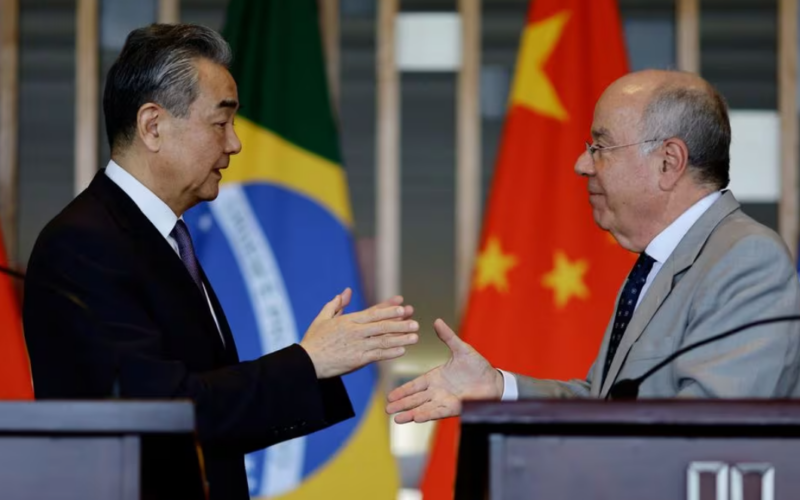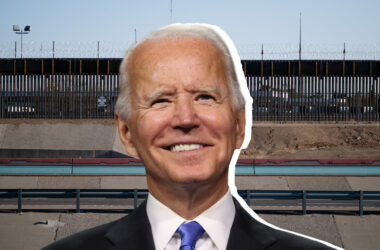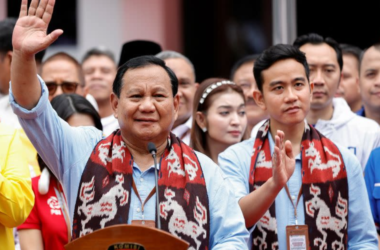In a significant diplomatic development, Chinese Foreign Minister Wang Yi expressed appreciation for Brazil’s recent endorsement of Beijing’s “One China policy.” The policy asserts that Taiwan is an integral part of China, and Brazil’s support signals a deepening of diplomatic relations between the two nations. The positive sentiment was echoed during Wang’s two-day visit to Brazil, culminating in a meeting with President Luiz Inacio Lula da Silva. This affirmation of support comes as both countries, prominent members of the BRICS group, underscore the importance of collaboration in building a multi-polar world rooted in peace and security.
During his visit to Brazil, Wang Yi made a stop in the northeastern city of Fortaleza, where he met with President Lula at an air force base. Although details of the meeting were not disclosed, the visit underscored the commitment to strengthening ties between China and South America’s largest nation. The cordial diplomatic engagement reflects a positive shift from previous tensions experienced during the tenure of former President Jair Bolsonaro.
In Brasilia, Wang emphasized the shared responsibility of China and Brazil in working towards a multi-polar world. Both nations, as members of the BRICS group, are positioned as key players in shaping global dynamics. The commitment to peace and security formed a central theme in discussions between Wang and Brazil’s Foreign Minister Mauro Vieira. The diplomats explored resolutions for conflicts in Ukraine and Gaza, emphasizing the need for enhanced confidence-building measures between the two trade partners.
China-Brazil relations encountered challenges during the far-right government of Jair Bolsonaro, but have witnessed positive changes under the leadership of President Lula, a popular leftist figure now in his third term. The diplomatic dialogue between Wang and Vieira included the signing of a visa agreement extending the validity from five to 10 years. This move is anticipated to facilitate increased business travel and tourism between the two nations.
China holds a pivotal position as Brazil’s largest export market, primarily for commodities like soy and iron ore. In recent discussions in Shenzhen, Chinese corporations expressed intentions to augment investments in Brazil, focusing on sectors such as power transmission, oil, and electric vehicles. The deepening economic ties between China and Brazil align with the shared commitment to fostering mutual trust and cooperation.
Marcos Caramuru, a China expert and former Brazilian ambassador in Beijing, notes a growing interest of Chinese companies in diverse sectors, including electric vehicles and infrastructure in Brazil. President Lula’s leadership has played a crucial role in enhancing mutual confidence in China-Brazil relations. The positive trajectory suggests broader collaboration, encompassing not only traditional sectors but also emerging industries critical to the future of both nations.
Brazil’s reaffirmation of support for Beijing’s ‘One China policy’ marks a pivotal moment in the evolving diplomatic landscape between the two nations. As China and Brazil navigate shared challenges and opportunities, the commitment to a multi-polar world, economic collaboration, and strengthened bilateral ties sets a positive tone for future engagements. The diplomatic efforts underscore the importance of constructive dialogue and cooperation in addressing global issues and fostering mutual prosperity.








